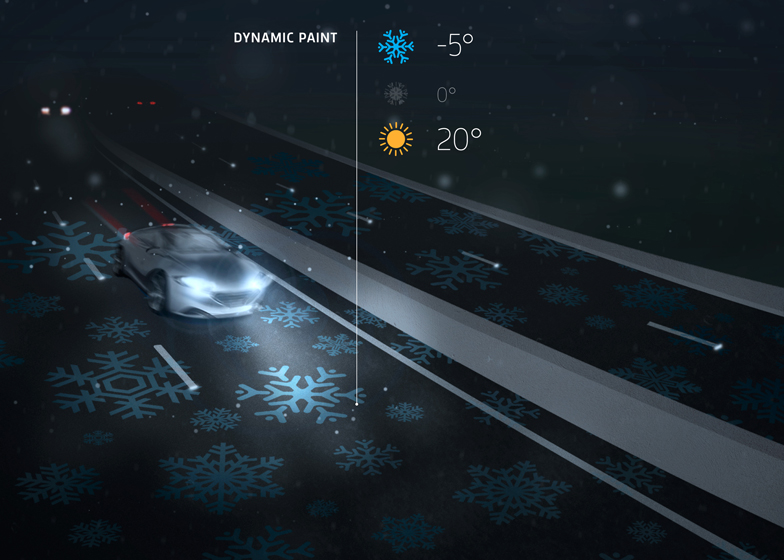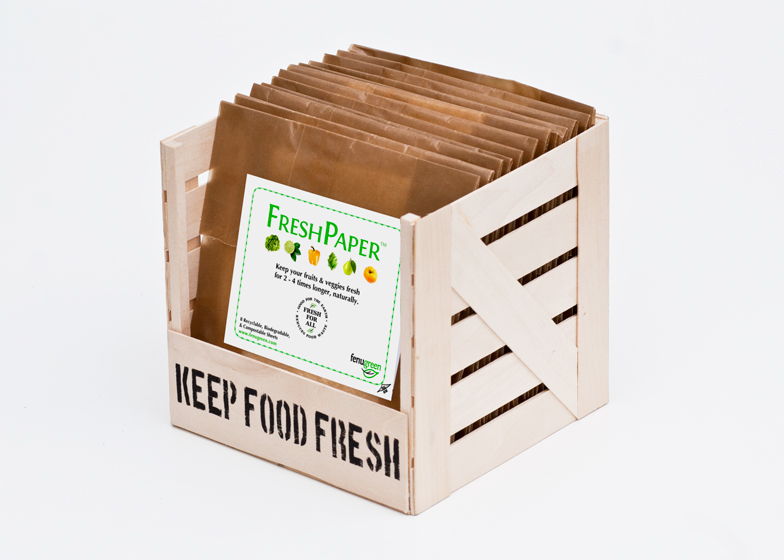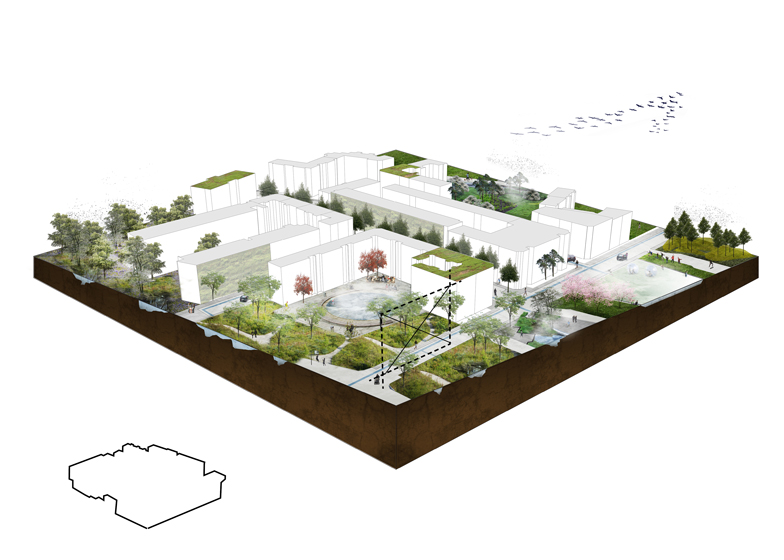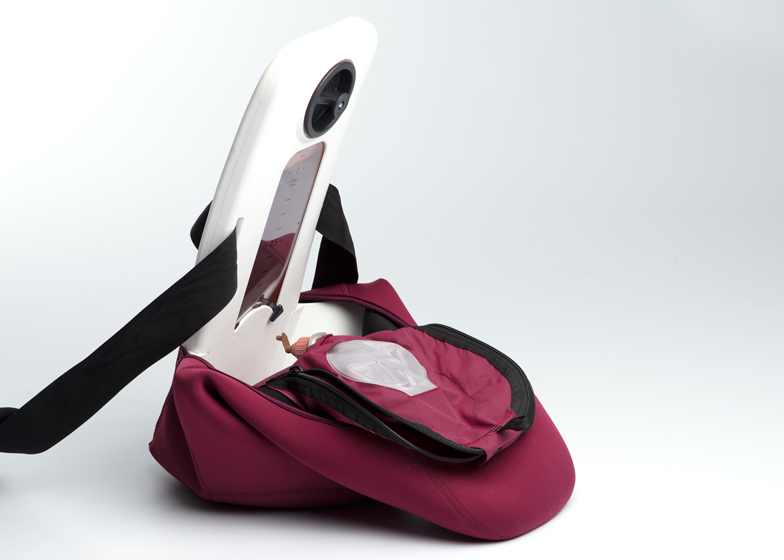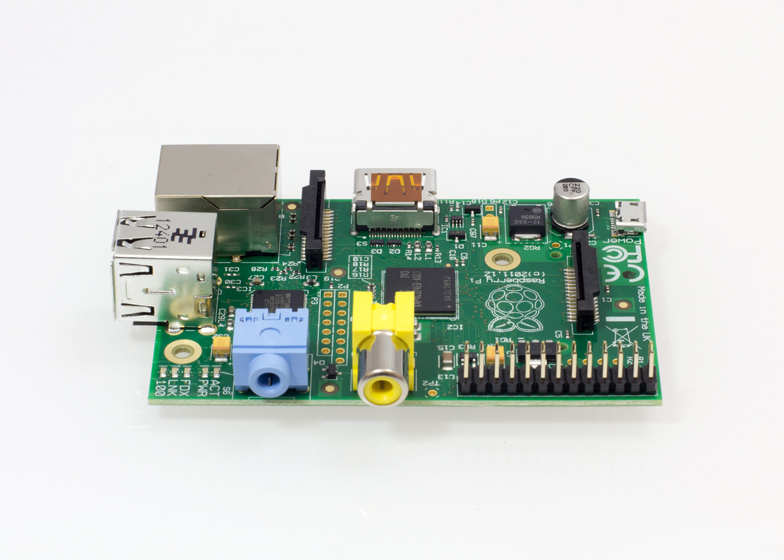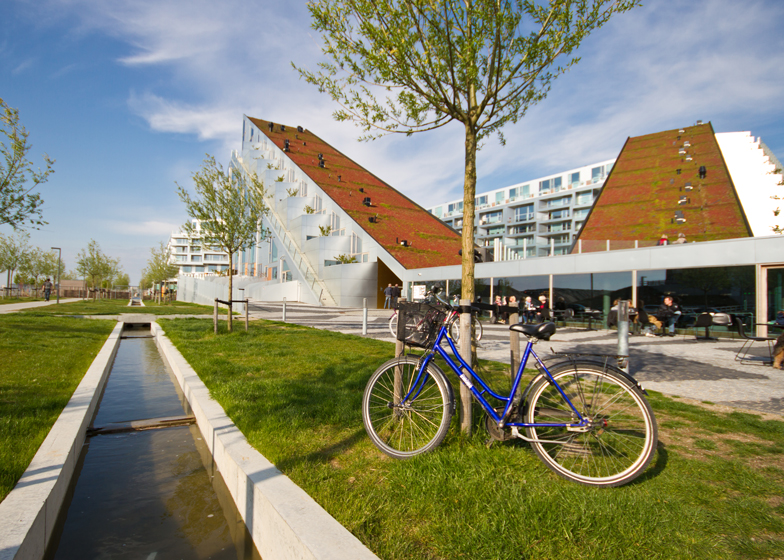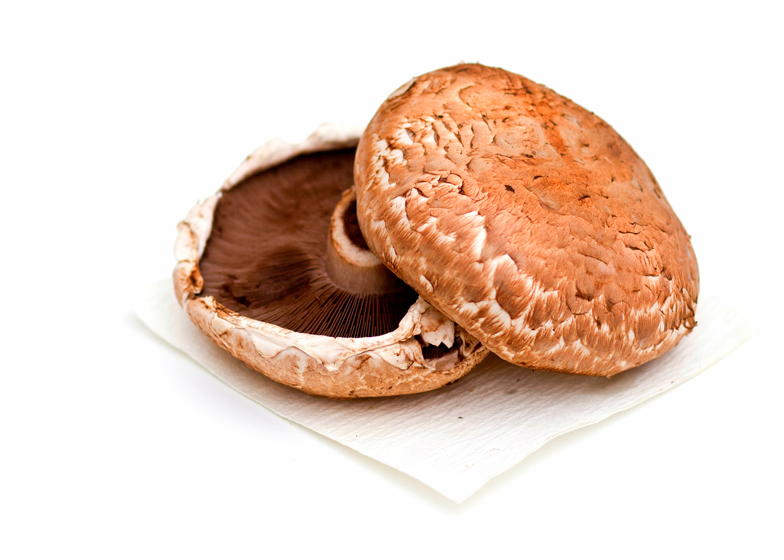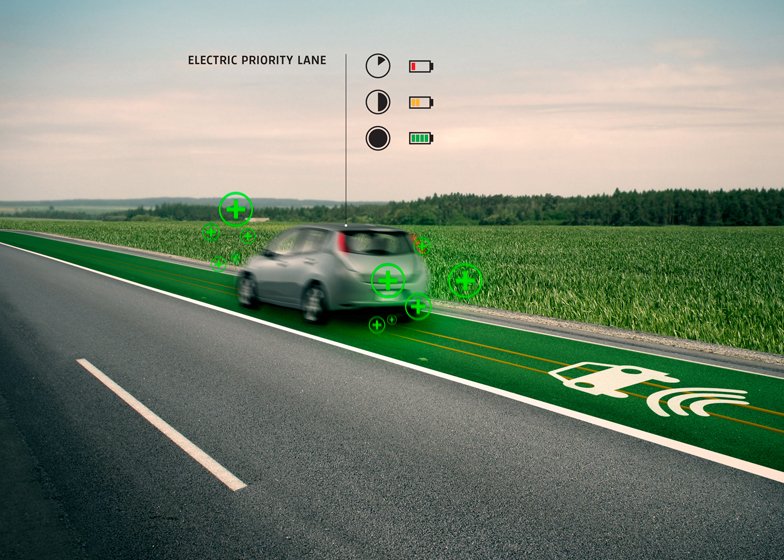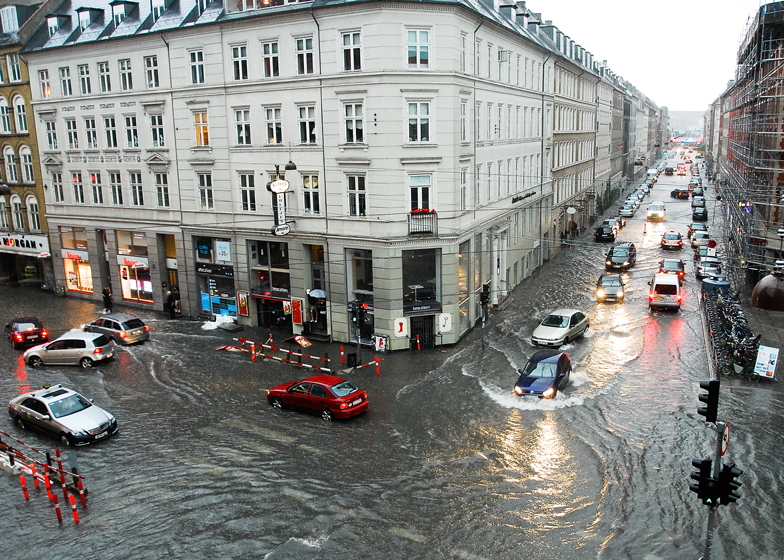News: glow-in-the-dark roads, a childbirth training kit in a back pack and spicy paper that keeps food fresh have been announced among the winners of the world's biggest design prize, the INDEX: Award (+ slideshow).
Earlier this evening in Elsinore, Denmark, design organisation INDEX: Design to Improve Life announced five winners of the annual award, that showcases international design projects that address world challenges such as climate change and poverty.
This year there are two winners from the award's community category and three winners from the body, home and play categories. The five projects will share €500,000 - the largest design prize in the world.
Scroll on for more details of the winners:
Copenhagen Climate Adaptation Plan - community category
The Danish capital city of Copenhagen has won the community category award for it's Climate Adaptation Plan. The environmental strategy is intended to be a framework for sustainable design solutions. The plan includes creating designated green roofs and water boulevards in the streets to direct rainwater into designated spaces.
Here's a short film about the strategy:
FreshPaper - home category
A simple sheet of paper called FreshPaper by Fenugreen has won the home category award. The paper product is infused with a mixture of spices that keeps fruits and vegetables riper for 2-4 times longer.
"The design is a remarkable way of re-thinking, re-purposing and re-combining an old tradition with industrial knowledge into an easy-to-use everyday consumer product for everyone," said jury member Patrick Frick.
Raspberry Pi - play category
A tiny computer that intends to teach young people about computer programming has picked up the play category award. The micro computer, called Rasberry Pi, was designed in 2006 by a computer scientists from University of Cambridge.
Jury member and founder of Design Indaba conference, Ravi Naidoo said: "We must prepare our kids better for an even more digitalised world, and not just envelope them in ready-made tech as we have been doing so far. Let's take it to the next level and live creative lives instead of leading edited lives."
Smart Highway - community category
The second winner in the community category was Smart Highway - an interactive road designed by Dutch designer Daan Roosegaarde in collaboration with Dutch firm Heijmans Infrastructure.
The project proposes to place interactive, glow in the dark visual tools that would inform drivers when roads are slippery and charge an electric car whilst driving.
The Natalie Collection - body category
A birth simulation learning kit in a ruck sack by Laerdal Global Health has won this years body category award. The Natalie Collection is made up of three devices for training birthing assistants in essential child birth care.
The three tools are a low-cost reusable suction device to clear airways of newborn babies, a baby mannequin for training in newborn care and resuscitation methods and a wearable bag for simulating essential care during child birth.
"A pilot would not fly a plane without proper training and flight-simulation. So why should a midwife be any different?" said Naidoo.
This year the organisation received over 1000 competition nominations from 73 countries. A jury that included Ravi Nandoo and Paola Antonelli, curator of design and architecture at New York's Museum of Modern Art (MoMa), selected 59 finalists earlier this year, from which the five winners were selected.
All five have been awarded €100,000 and an exhibition of the nominees and winners will be open in Copenhagen's King's Gardens through to 29 September 2013.
Previous INDEX: Award winners include an inflatable bicycle helmet and a free eyeglasses program for Mexican children designed by Yves Behar's fuseproject.
Here's a film featuring CEO Kigge Hvid discussing the project:
See more environmental design »
See more design features »
Images courtesy of INDEX: Design to Improve Life.

